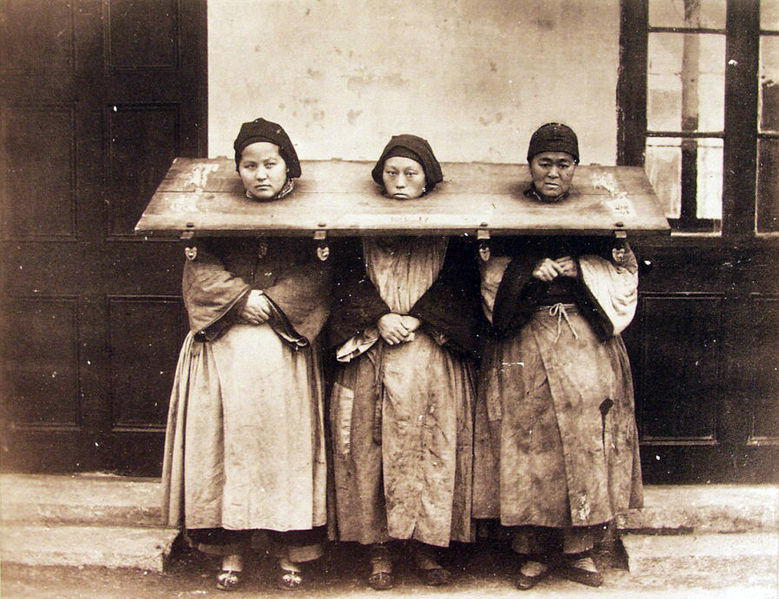I’ve said many times that social networks makes us sadder. Living inside a perpetual high-school or college yearbook, living in the past, is unhealthy. You can’t go home again, even with Google Maps. And we can never realize the expectations–and the the ideal of ourselves–that we create online. The icons lie and connectedness is not contentedness.
The opening of “How Facebook Makes Us Unhappy,” Maria Konnikova’s New Yorker blog piece about emoticons and emotions:
“No one joins Facebook to be sad and lonely. But a new study from the University of Michigan psychologist Ethan Kross argues that that’s exactly how it makes us feel. Over two weeks, Kross and his colleagues sent text messages to eighty-two Ann Arbor residents five times per day. The researchers wanted to know a few things: how their subjects felt overall, how worried and lonely they were, how much they had used Facebook, and how often they had had direct interaction with others since the previous text message. Kross found that the more people used Facebook in the time between the two texts, the less happy they felt—and the more their overall satisfaction declined from the beginning of the study until its end. The data, he argues, shows that Facebook was making them unhappy.
Research into the alienating nature of the Internet—and Facebook in particular—supports Kross’s conclusion. In 1998, Robert Kraut, a researcher at Carnegie Mellon University, found that the more people used the Web, the lonelier and more depressed they felt. After people went online for the first time, their sense of happiness and social connectedness dropped, over one to two years, as a function of how often they used the Internet.
Tags: Maria Konnikova

